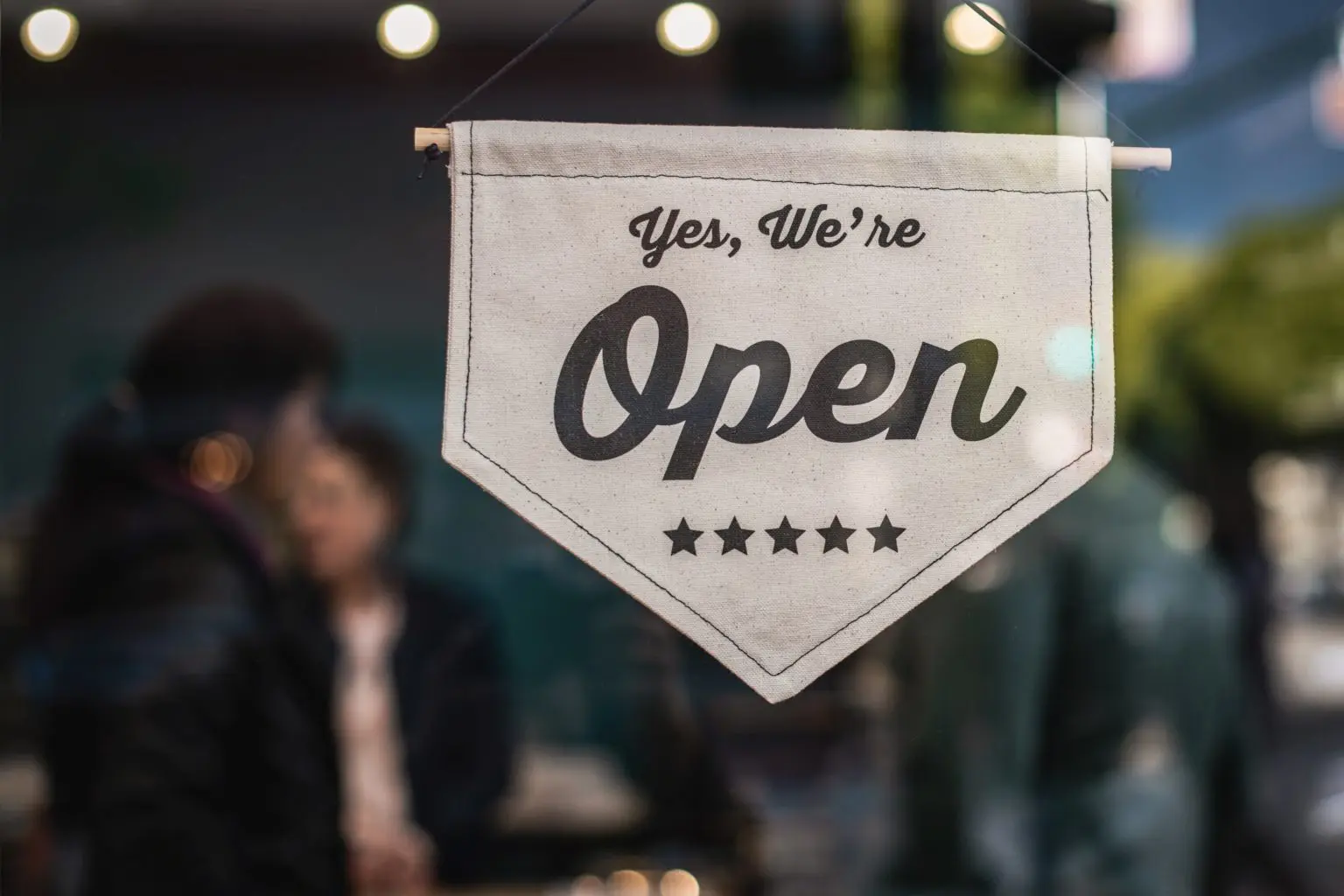Those in the real estate industry have a common mantra when considering the future success of a deal: location, location, location. Starting a business of your own and picking out the physical location can contribute to your future success or failure, so it should not be an afterthought. A real-life example of “location” being a significant aspect of sales is in 2018, the Girl Scouts of America began allowing troops to set up Girl Scout cookie sale booths directly outside Colorado marijuana dispensaries. Why is this a big deal? One Girl Scout sold over 300 boxes at her booth because a commonly-known side effect of ingesting cannabis can be a feeling of extreme hunger. This young entrepreneur picked an intelligent location for her booth, assuming she could sell more boxes of cookies at that location versus setting up outside of a local bakery, for example. She saw the CBD dispensaries’ foot traffic as a plus to her business, met the needs of that particular community, and reaped the benefits.
It would help to consider several factors when picking a location for your business.
Who Is Your Audience? Before opening a business, figure out who you will target to purchase your products or services. Do potential customers need to walk into your location to buy your product physically? (Think: ice cream, coffee, restaurant, flower shop, etc.) You wouldn’t want to pick a location in the middle of nowhere (unless you’re a lemonade stand at the bottom of a hiking trail), and you’ll need to be mindful of how easy your location is to access via car or walking pedestrian.
Are There Financial Benefits? Of course, you have to consider the cost of rent or purchase of a location, but it’s worth checking into other financial factors like tax breaks and government incentives. For example, Bexar County offers some tax incentives to encourage economic development in specific locations of the city of San Antonio. It’s essential to check with local government entities to see if there are any extra financial benefits to setting up shop somewhere that makes sense for your customers and your business bank account.
How Important Is Having a Front-End Business vs. Back-End Business? If you anticipate needing client meetings or offices for employees, you’ll want to consider what each physical location offers. For example, suppose you’re an attorney and anticipate having big meetings with clients. In that case, you’d want to pick an office with suitable conference rooms, a lobby or waiting area, and private meeting rooms. On the other hand, if you are opening a manufacturing business, you’re less likely to need nice conference rooms and more likely to need a shipping dock and an excellent warehouse. When searching for the location of your business, you can narrow your searches by type of building and unique features to help narrow down your choices (parking lot, conference rooms, kitchen, shipping line, etc.)
Who Are You Up Against? Considering your competition is one factor of location that is worth considering. For example, setting up a small, local bookstore would be an exciting adventure unless maybe you’re setting up outside of a big box store that offers gourmet coffee and books from every genre for less cost. As lovely as it is to buy from local stores, not all customers will value your service over the potentially lower-priced product sitting a few meters away at a competitor’s store. Consider also how far apart your services are in comparison to competitors. If your main competitors are in one part of the city, think about opening a store in a location that is lacking that service or product. Chances are, folks in the neighborhood will be excited to have easier access to that needed product.
In case you missed it: Check out our last blog “Start Your Dream Business Today” for more tips on how to successful start your new business.

